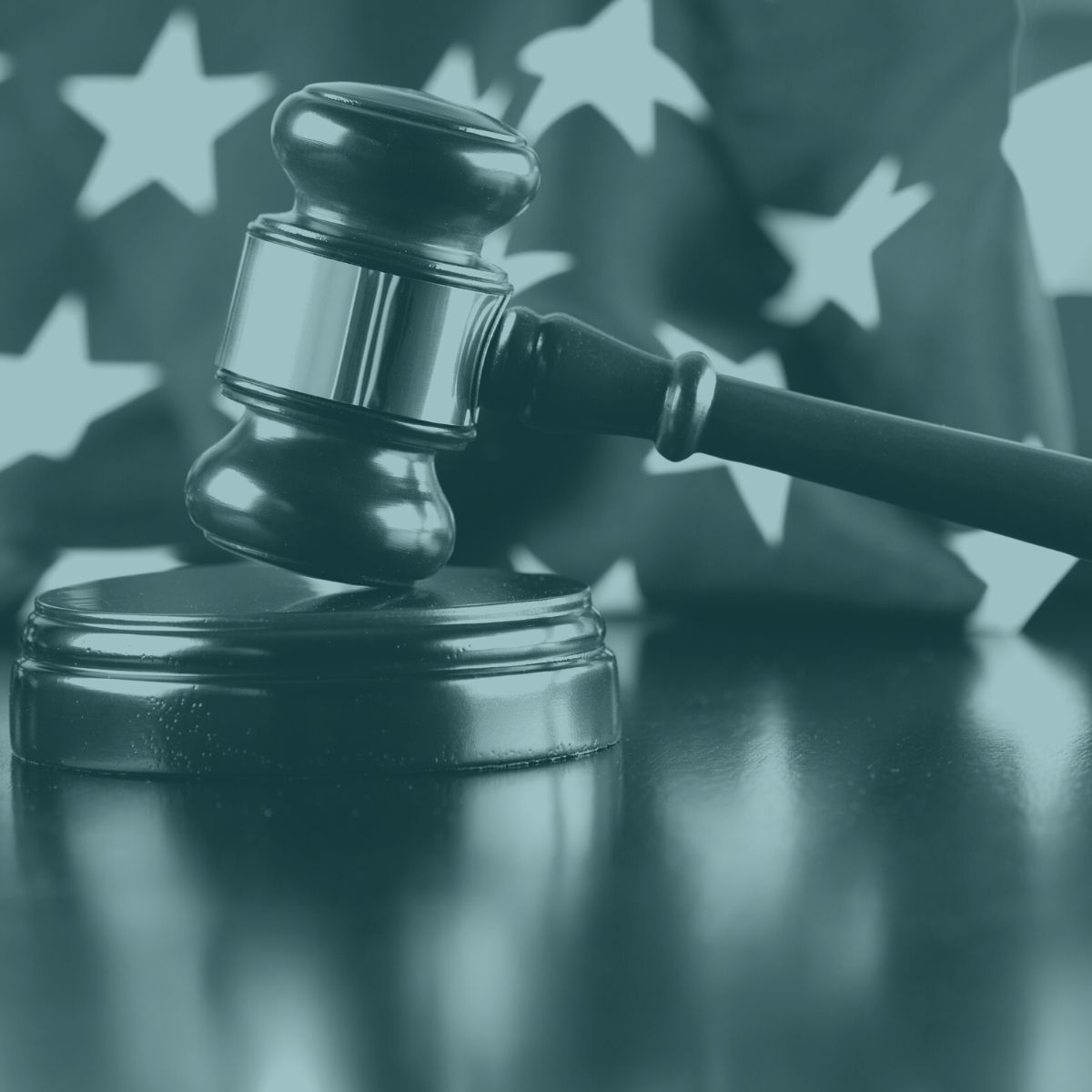MetaBirkin: Hermès v. Rothschild Case
A recent US case has shown the importance of ensuring trade mark applications should also cover virtual goods and downloadable digital files authenticated by non-fungible tokens (NFTs).
On 14 February 2023, the final judgement was handed down in the Hermès v. Rothschild case. The judgment found that the defendant, Mason Rothschild, is liable on the claims of trademark infringement, trademark dilution, and cybersquatting. The court awarded the plaintiffs, Hermès International and Hermès of Paris Inc. (collectively referred to as “Hermès”), $133,000 in damages.
Hermès is a luxury fashion brand who also design, produce and market the Birkin handbag. Mason Rothschild is an artist who, in December 2021, created and sold a range of 100 digital images entitled “MetaBirkins”. These depict fur-covered Birkin handbags. Each MetaBirkin was unique and linked to an NFT. Consumers purchased a MetaBirkin and the linked NFT indicated sole ownership of that particular MetaBirkin. Rothschild originally sold the MetaBirkin NFT’s through his website.
Hermès claimed that the MetaBirkin NFTs infringed Hermès’ trademarks in the use of the word “Birkin” and in the design and iconography of the handbag. The company also claimed that Rothschild’s alleged appropriation of the “Birkin” mark diluted and damaged the distinctive quality and goodwill associated with the mark; that Rothschild’s use of a website domain name – https://metabirkins.com – constituted cybersquatting as it was confusingly similar to the “Birkin” mark, and therefore “harmed … and dilute[d]” the mark’s distinctiveness and the goodwill associated with it; and that Rothschild’s use of its trademarks constituted unfair competition under both US federal and state law.
At the time Rothschild created the MetaBirkin NFTs, the mark “Birkin” was registered for physical goods but not for virtual goods or NFTs. In addition to the claims for infringement and dilution of its marks, Hermès also argued that Rothschild’s project has disrupted its efforts to enter the NFT market and hindered its ability to profit in that space from the Birkin bag’s well-known reputation.
In response, Rothschild pleaded a constitutional First Amendment defence of freedom of expression, arguing that the MetaBirkin NFTs were works of art. He commented that they were “part of his artistic experiment to see how people with money and influence who drive the culture would respond to” the MetaBirkins and “whether they actually would ascribe value to the ephemeral MetaBirkins in the same way they attached value to the physical Birkin bags.”
The case involved much discussion on whether the digital images should be evaluated under the Rogers v. Grimaldi test for evaluating trademark infringement in artistic works or the Gruner + Jahr test for general trademarks. Both of these result from US case law and are not applicable therefore in other jurisdictions.
This case was decided in favour of Hermès. It was found that even where the use of a trademark bears “some artistic relevance” to an underlying artistic work, the First Amendment does not protect such use if it “explicitly misleads as to the source or the content of the work.” In addition, the First Amendment protection did not bar liability.
This case was decided in the United States Southern District Court of New York following a six-day day trial by jury and is fact specific. Although the result is good news for brand owners looking to protect their marks which are registered for physical good in the virtual world, it is unclear whether the outcome would have been the same if, for example, the Birkin did not have the well-known reputation, or if Rothschild had not used the “Birkin” name in the product name or in the domain name and had merely used the images themselves without the “Birkin” name. In addition, since this case was decided in accordance with US Law, it is not a citable case in other jurisdictions. Since the judgment, Rothschild’s legal team has decided to challenge the judge’s findings on the basis that the jury’s instructions prejudiced the case’s outcome.
This area of law, therefore, still has a long way to go in its evolution and further cases are required in other jurisdictions before we can conclude that a trade mark registration for physical goods also offers protection for identical or similar goods in the virtual world. Consequently, we recommend that trade mark applications also cover virtual goods and downloadable digital files authenticated by non-fungible tokens both in class 9.
If you would like to know more about this subject, please contact your trade mark attorney at Mathisen & Macara LLP.
